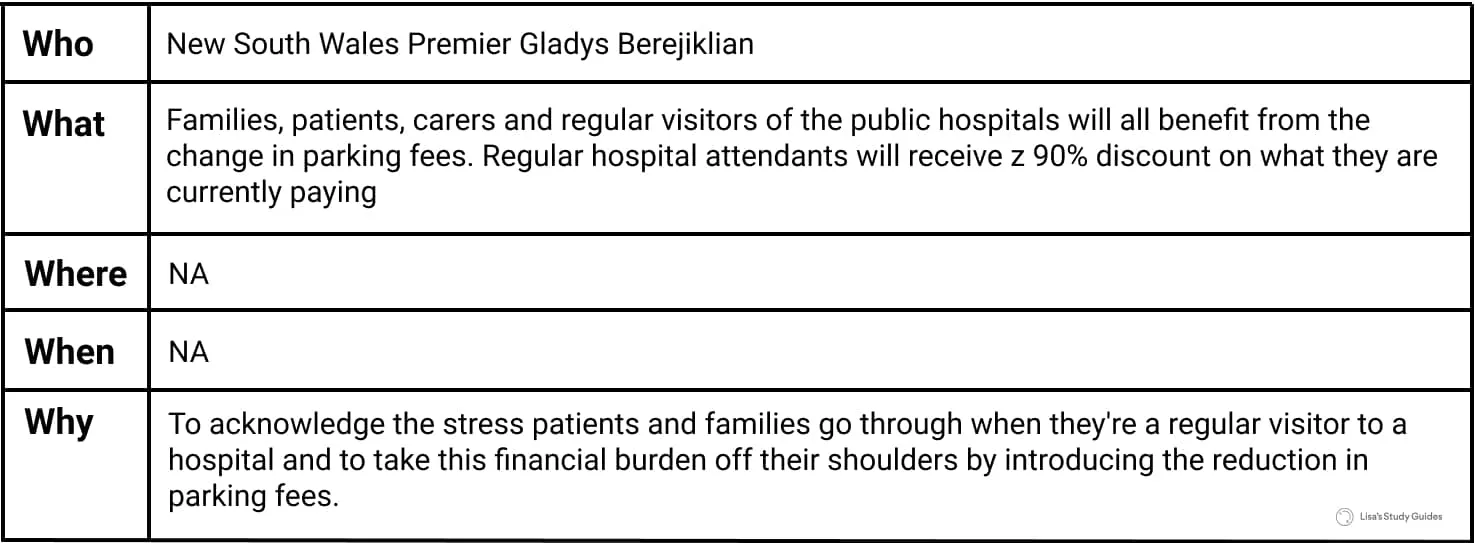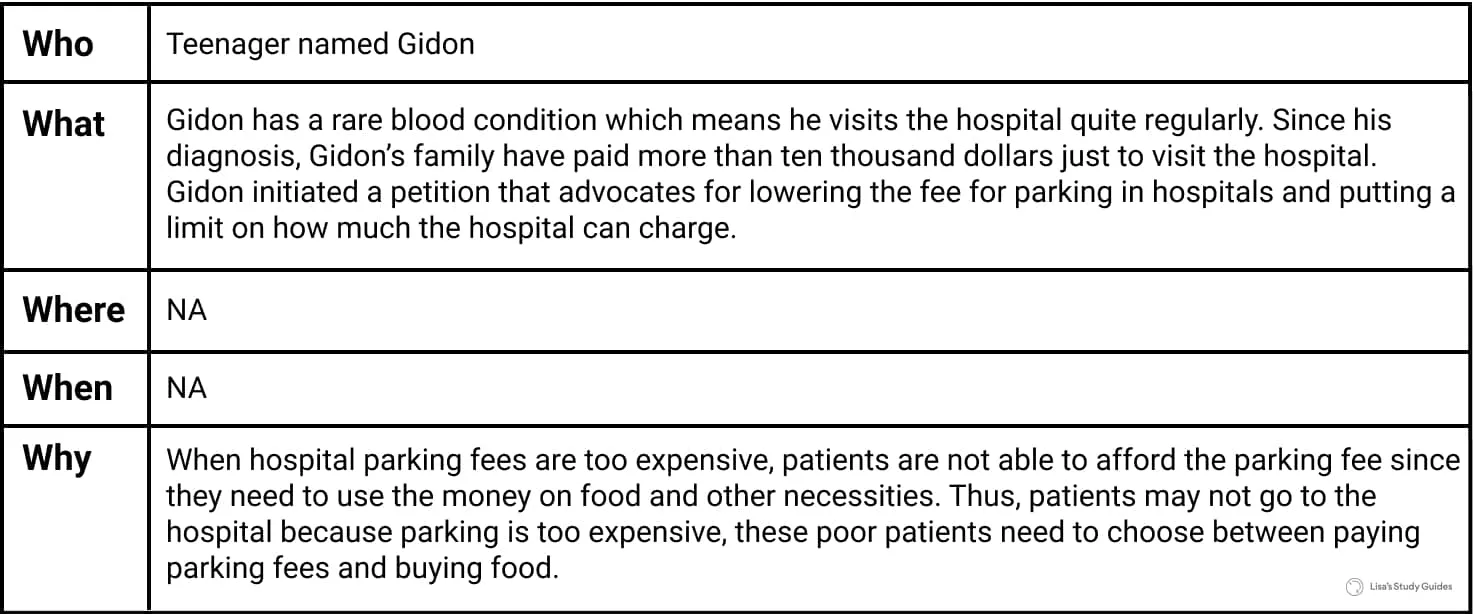Reading your VCE books during your summer holidays might sound a little mundane, especially when you can spend that time with family and friends, but it will be one of the best things you would’ve done for yourself in preparation for your VCE year. Trust me, you’ll thank yourself later. The difference with these holidays compared with others is that you have an incredibly important year of schooling lurking around the corner – one that is stressful for most, if not all students. So, for your own benefit, you should definitely take advantage of this break! Having read your books once before you start the school year gives you a major advantage over students who haven’t. Let’s look at some reasons why:
1. Preparing your mindset.
Once you have read your books, you will have a good idea of what you’re heading into during the school year. When the teacher begins to teach the text in class, you will be clear on the ideas discussed, in comparison to other students who will still be reading their texts. You’ll be able to easily build connections between class discussions and the book, whereas other students will definitely struggle. Often, they will miss a vital piece of information brought up in class simply because they didn’t realise how significant that idea is to a section in the book or even the book as a whole!
2. Exposure to all the possibilities.
Even though you might not start studying a text until mid-way through the year or even in Term 4, having read the books gives you a head start on absorbing all the information around you. Throughout the year, you may come across something that catches your eye on the internet (whether it be from a news source or online blog) that you see has ideas which relate to one of the texts you will be studying in the near future. The best thing is that you’ll be able to bookmark it for a later date to revisit! For example, if one of your texts is Brooklyn, a novel about an Irish woman’s immigration to America, if you come across stories about immigration, or references to Irish versus American culture, then this would be ideal for you to save for later!
3. Lighten the workload in VCE.
You’ve already done half the work if you read your novels in the holidays. Many teachers and VCE examiners recommend at least reading your texts twice before your exam (read more about this here). This is because the first read is often to grasp ideas and get an overall understanding of the text. The second reading is for analysis, exploring in detail particular ideas, quotes and others. Since VCE is a heavy-workload year, it would definitely be a smart move if you lifted some of that weight during your holidays. Many people think it will be fine to leave the reading task to the last minute – right before they start studying the text in class, but knowing VCE, SACs and assignments will be thrown your way, meaning that you’ll have less time than you had intended to read. So the earlier you get started, the better!
The summer break is definitely a time when you can relax and just enjoy life. It all comes down to simple time-management. Instead of just lazing at the beach, why not spend a little bit of that time also reading a couple of chapters? Or, you could plan to read about 20 minutes a day, at a time that’s most convenient for you! There’s no reason why you can’t read your books and have fun during your holidays. So just open your books and give them a read!












.jpg)